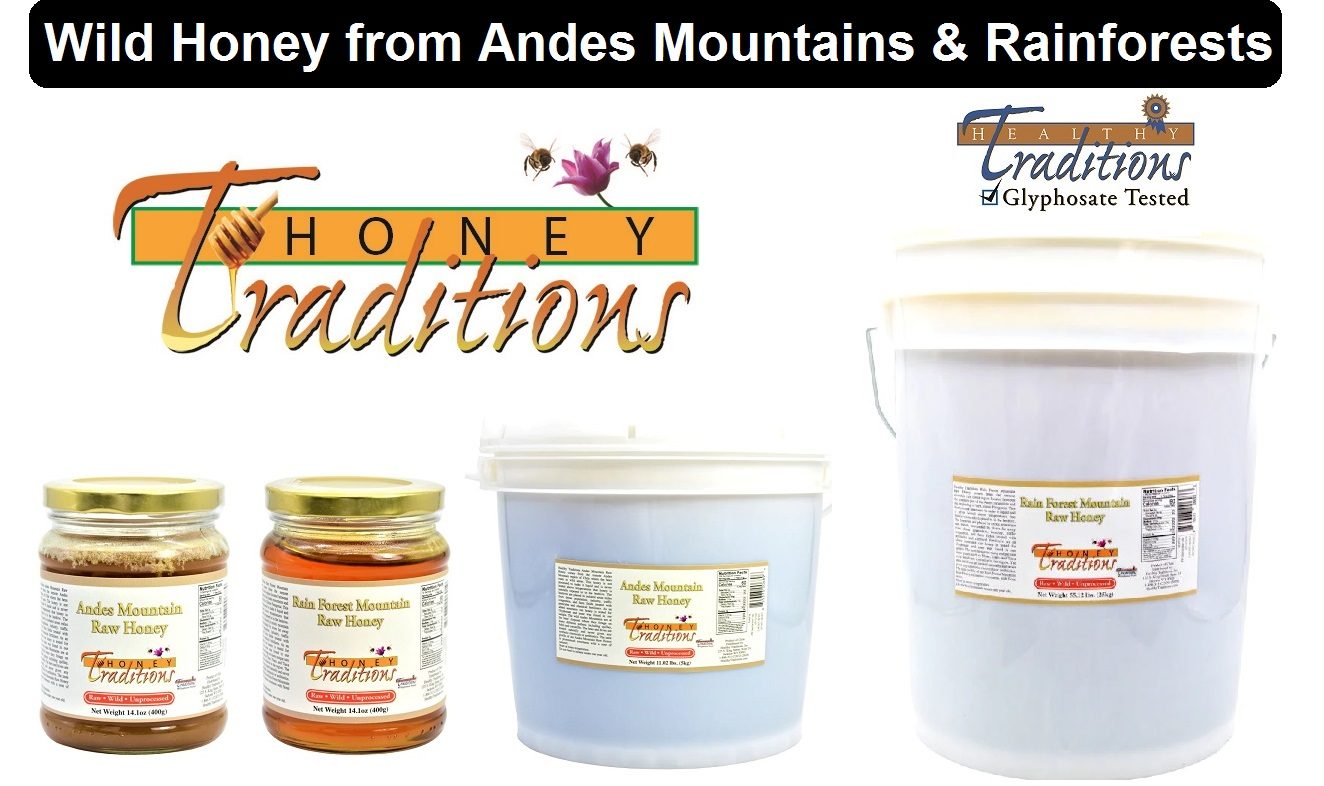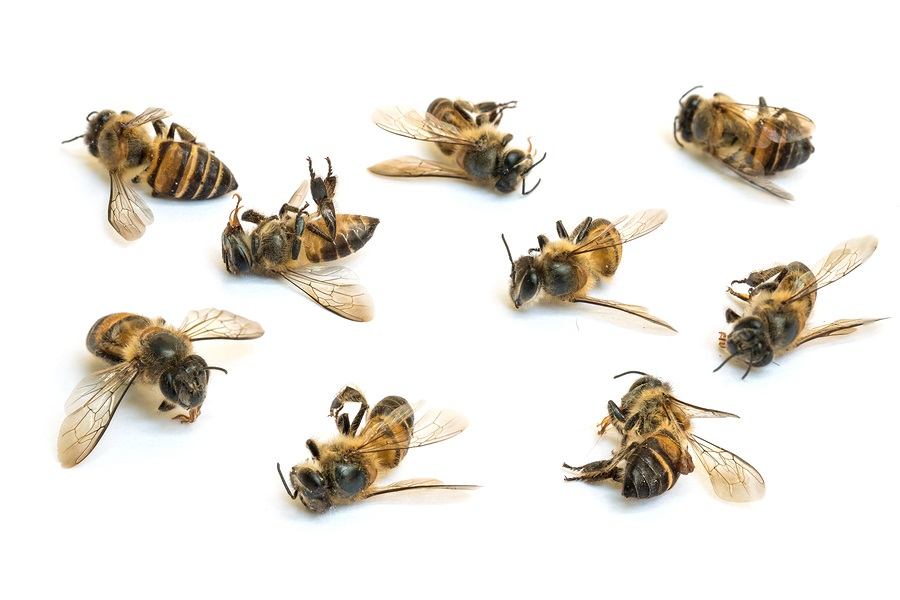Honey is the World’s Healthiest Sweetener but the North American Honey Supply is Contaminated
Honey is one of nature’s most perfect and beneficial foods. The documented research on the incredible health benefits of honey is truly astounding. If you type in the search term “honey” in the National Library of Medicine on the NIH Government website, you will get 18,000 results from peer-reviewed journals. If you search for honey on Health Impact News, you get over 150 results documenting the health benefits of pure honey, such as: "Phenolic Compounds and Enzymatic Activity in Raw Honey Positively Affect Oxidative Stress and Bone Density" "Honey Out-Performs Antibiotics in Fighting Superbugs" "Honey: A Powerful Anti-Cancer Agent" - Honey is the ONLY sweetener on the market that you can purchase that is a complete, whole food, as opposed to granulated sugar which is an extract from either a grass (sugar cane), or from beets (sugar beets). But purchasing real, pure, unadulterated raw honey that is not contaminated with herbicides or pesticides, is another matter altogether. Testing done in 2011 on grocery store honey showed that up to 80% of the honey sold in grocery stores is adulterated and even fake, much of it imported from China illegally. Honey that is produced in the U.S. and Canada is mostly a by-product of professional beekeepers who make their primary income from leasing out their bees to pollinate crops in commercial agriculture. These commercial crops are heavily treated with herbicides and pesticides, and the resulting honey from these bees is just a by-product of these commercial bee operations, and that includes most “local” honeys, which are highly contaminated. Pure raw honey has been proven through numerous studies to be more effective than drugs in treating many diseases, and since honey can be stored indefinitely and tends to improve with age, like fine wines, this is a food that you want in your long-term food storage plans, and you want honey that heals, not honey that is contaminated, or “honey” that is not even real honey at all.




